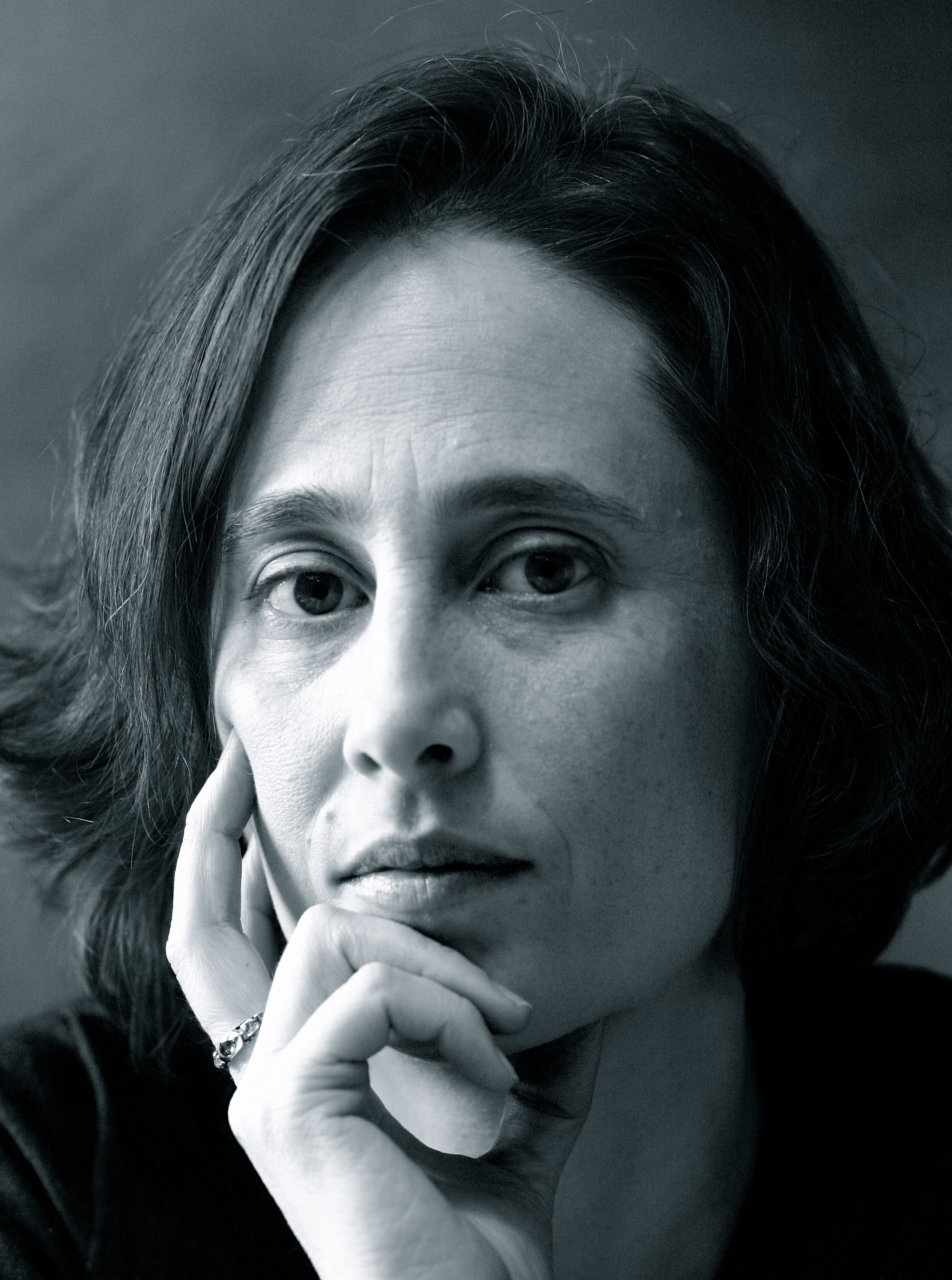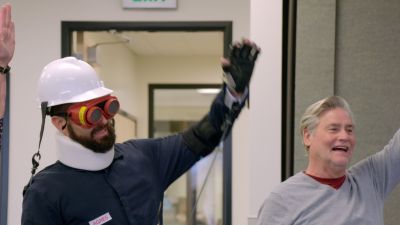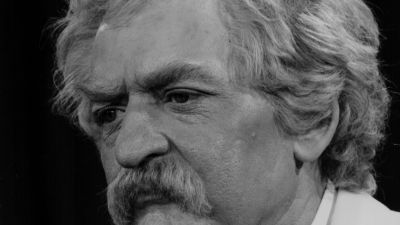April is National Poetry Month, and we’re celebrating by featuring “civic” poetry from new and familiar voices. All month, we’ll be posting poems and discussing what it means to be civic through the art of words. Join us on Twitter at #civicpoetry.
And Still I Speak of It
I did not see the sky today
it does or does not matter why
I sat inside & looked away
into the North-facing light of
what I can’t won’t shouldn’t say
a girl I know of wants to die
I called the school I called her home
her father thanked me & hung up
the schoolman said The world is hard
harder for girls than it ever was
What a beautiful day Dan texts
I know nothing about it I respond
coming up next: The World
but first: The Takeaway
the radio in my kitchen keeps itself company
muted drilling outside the window
a girl jumped from her grandmother’s roof
one block from here & the doorman found her
her parents papered the building with letters
asking no one to speak of it
…the United States cares about mankind
says the Brigadier General in my kitchen
…it would have to include hostage negotiation
says a voice in my kitchen
says those taking part in the rebellion
are called belligerents
says God instructed the man to sell the girls
says get the girls back just get them back
just get them back get them back
I sit very still & do nothing say nothing
am nothing it is still too late
Q&A with author Rachel Zucker
Q: What do you think that poetry can add to the conversation about public issues?
A: Contemporary poetry is a big tent with a glorious many voices, tones, forms, styles and intentions, so I hesitate to make grand proclamations about what poetry is and what it can do. That said, most of the poems that move me resist simplification and instead, embrace complexity, intimacy and risk. Even if a poem is beautiful and memorable, it’s not like an advertising jingle or propaganda, which attempt to convince and control. Poems seek to confuse, disabuse, enlarge understanding, and make people ask questions and think for themselves. We need language that attempts to translate with extreme care and nuance the full range of human experience while recognizing the limits or constraints or cultural-historical pressures of language as a medium. We need that more than ever. Art helps us see ourselves and others in the deepest ways. Poetry doesn’t just “add to the conversation;” it is the conversation, or it’s one essential form of the conversation.
Q: Tell us a bit about “And Still I Speak of It”
A: I wrote this poem on a particularly bleak day over a year ago and then rewrote and rewrote it many times. It was originally much longer, but I keep taking lines out every time I looked at it again. At the time that I first wrote it, I was struggling to write a lecture on the legacy of confessional poetry and the ethical ramifications of writing about real people. I was thinking about all the things poets (especially women) are not supposed to say, about the dangers of being told not to speak and about how privacy is not equally available to all people. I was listening to the radio (as I often do) and every story was more brutal than the one before. And I was thinking about and processing several very close-to-home tragedies and wondering about my role as a poet in relationship to the stories of others, especially young women and girls. What I love about poetry is that it is both heartbreakingly intimate and public, but in that intimate-public space are all sorts of ethical complications.
Q: What do you want people to take away from your poem?
A: I am honored by the attention and time of any reader. There is nothing I hope people “take away” from my poem because that implies that I have a single intention with this (or any) poem or that this poem has a message or a “take away.” (In fact, in the poem I specifically mock the title of the NPR show “The Takeaway.”) What I hope is that a reader might in some way “see me” as I was in the writing and rewriting of this poem. I was alone, sad, hopeful, angry, bitter, vulnerable. I was crying out to myself and to an/the “other,” hoping to been seen, understood, heard, or perhaps, kept company. I think in the making and apprehending of art, it is this moment of connection — the way unseen strangers, through art, keep one another company — that sustains me even in times as frightening and upside down as these.
This project was co-curated by the journalism nonprofit the Economic Hardship Reporting Project and its Puffin Story Innovation Fund.




